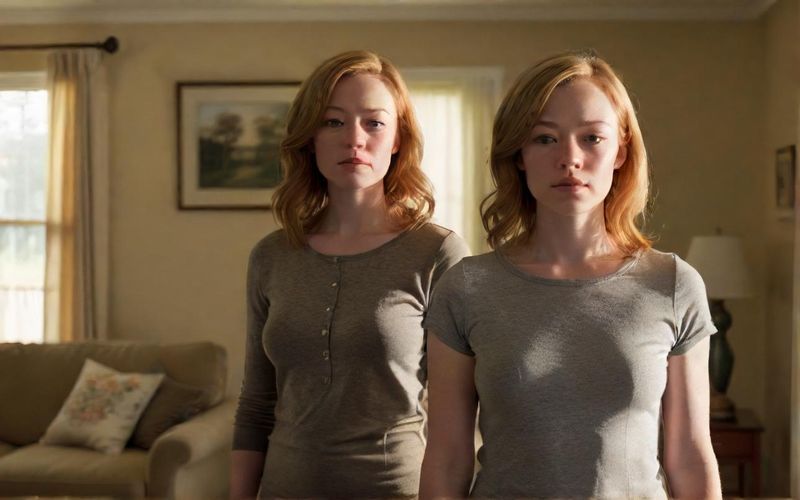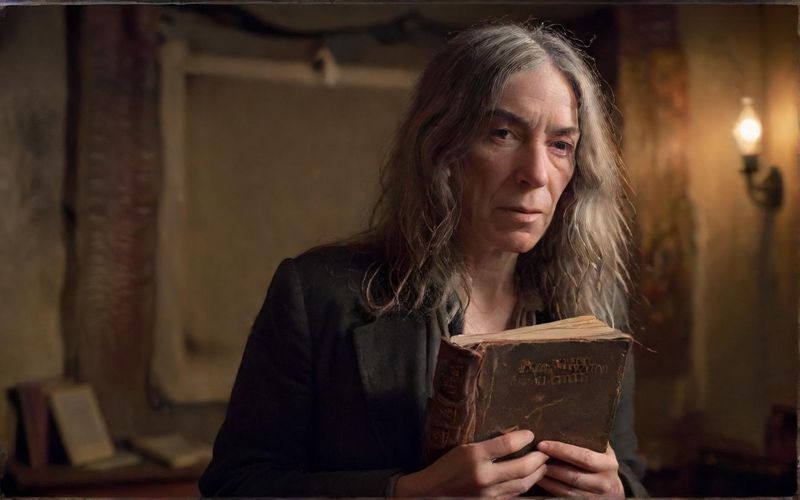Missing Child Thriller Asks: "All Her Fault?"

What sets All Her Fault apart, beyond its gripping plot, is its keen observation of a cultural phenomenon often labeled as “it’s all her fault.” The series dives deep into the lives of Marissa Irvine, played with captivating intensity by Sarah Snook, and her circle of fellow mothers. We witness the immediate, almost instinctive blame that can fall upon a mother when something goes wrong, even when the circumstances are far from clear. The show doesn't just present this as a plot device; it excavates the societal expectations and ingrained biases that contribute to this narrative. It’s a powerful, if uncomfortable, mirror held up to our own assumptions about responsibility and gender roles.
The brilliance of the series lies in how it braids these thematic threads together, never allowing one to overshadow the other. While the desperate search for young Milo propels the narrative forward, the show takes its time to unravel the complex lives of the adults involved. We see how affluence, while offering a certain insulation, also breeds its own unique set of corruptions and secrets. Characters like Marissa’s husband, Peter, played by Jake Lacy, embody this duality – seemingly supportive yet harboring hidden depths that the series expertly peels back.
But it's the nuanced portrayal of female relationships that truly resonates. The bond that forms between Marissa and Jenny, played by Dakota Fanning, is particularly compelling. In a lesser story, these women might be pitted against each other, rivals in the cutthroat world of suburban parenting. Instead, All Her Fault shows them finding solace and strength in their shared experiences, recognizing the exhausting reality of working motherhood where husbands often remain blissfully unaware of the intricate domestic logistics managed by their wives. The series highlights the “default parent” phenomenon, where women are expected to be the CEOs of their households, juggling careers and domestic duties with an almost superhuman capacity, often without recognition or equal partnership.
The showrunners and actors themselves have spoken about the deeply personal nature of these themes. Creator Megan Gallagher has shared her own experiences with the crushing weight of trying to do it all, nearly to the point of self-destruction. This lived experience infuses the series with an authenticity that is both heartbreaking and validating. It’s a rare thing to see a thriller that not only keeps you on the edge of your seat but also sparks genuine introspection about the societal structures that shape our lives, particularly for women.
As the mysteries of Milo's disappearance deepen, so too do the revelations about the characters' pasts and present anxieties. The show’s creators have hinted at twists that even the cast couldn’t predict, a testament to the intricate plotting and the willingness to push boundaries. This isn’t just about who took the child; it's about the hidden currents of guilt, resentment, and buried secrets that can lie beneath the surface of any family. The series challenges the audience to question their own assumptions, to look beyond the obvious culprits, and to consider the broader societal forces at play.
As we navigate the complexities of All Her Fault, one can't help but wonder if this gripping narrative is merely a fictional exploration, or if it’s a call to action. Will shows like this, with their unflinching examination of the burdens placed upon women and the subtle ways blame is assigned, eventually shift the conversation, leading to a more equitable distribution of domestic and emotional labor, or will the ingrained patterns persist, leaving mothers to feel like it’s always all her fault?









